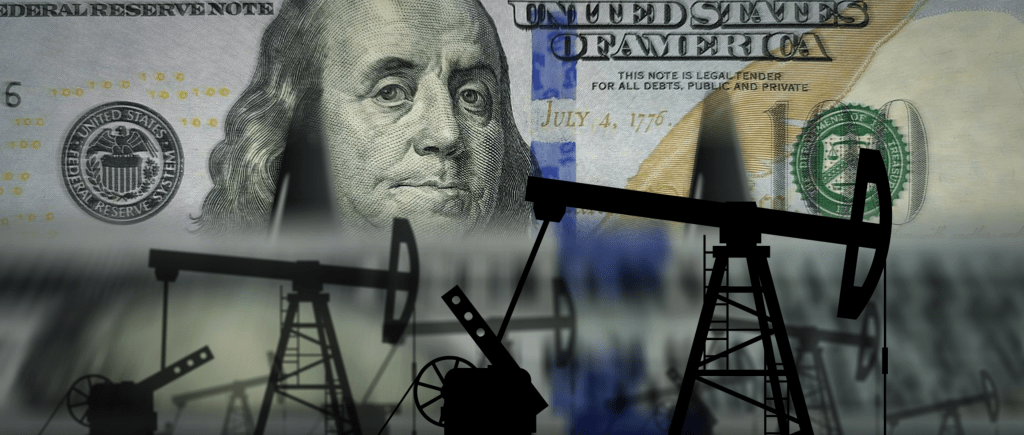Oil prices were largely steady on Thursday, giving up early gains, as anticipation ahead of the release of US inflation data offset expectations of improving demand in China.
Brent crude settled at $82.67 a barrel by 0725 GMT, while US West Texas Intermediate crude fell four cents, or 0.05 percent, to $77.37 a barrel.
Both benchmarks rose 3 percent in Wednesday’s session, supported by hopes for an improved global economic outlook as well as concerns about the impact of sanctions on Russian crude production.
China, the world’s largest oil importer, is reopening its economy after the end of strict restrictions to combat the spread of the Corona virus, which reinforces optimism that fuel demand will grow in 2023.
The Ministry of Industry and Information Technology said China’s industrial production is expected to grow 3.6 percent in 2022 from a year earlier, despite the disruption to production and logistics due to COVID-19 restrictions.
Economists expect the rise in core consumer inflation in the United States to slow to 5.7 percent in December on an annual basis, from 6 percent in the previous month. On a monthly basis, inflation is expected to be zero percent.
The market is preparing for additional restrictions targeting sales of Russian fuel products set to take effect in February, as the European Union continues to work to impose further sanctions on Moscow over its invasion of Ukraine.
The US Energy Information Administration said that the expected ban by the European Union on seaborne imports of Russian petroleum products on February 5 may be more effective than that imposed by the Union on seaborne imports of crude oil from Russia in December 2022.
An international price cap imposed on sales of Russian crude came into effect on December 5.
 Noor Trends News, Technical Analysis, Educational Tools and Recommendations
Noor Trends News, Technical Analysis, Educational Tools and Recommendations





